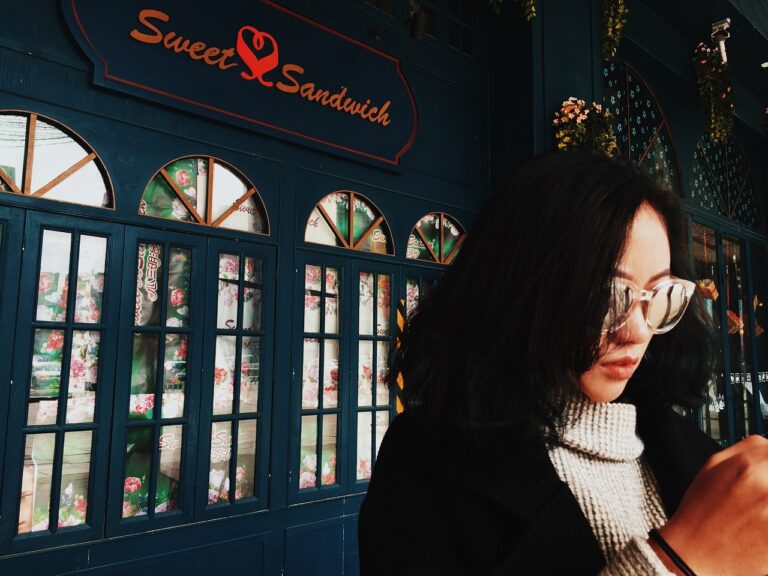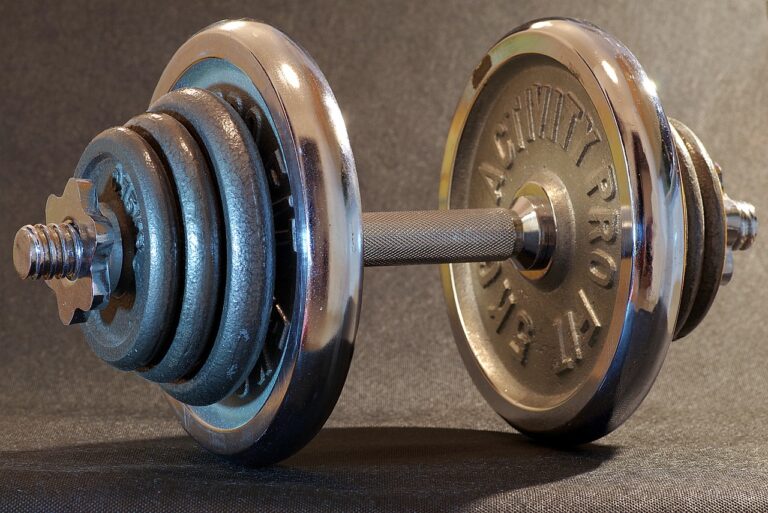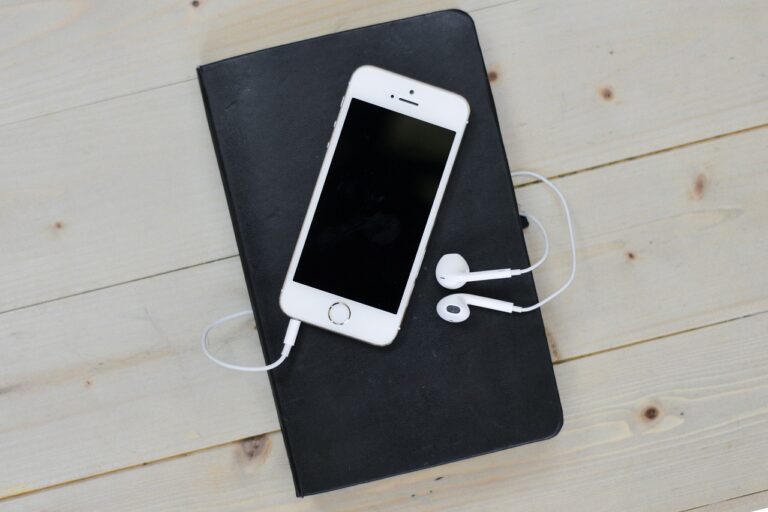The Role of Historical Research in Collecting: 99 exch sign up, Lotus 365.io, Play exch.in
99 exch sign up, lotus 365.io, play exch.in: Historical research plays a crucial role in the world of collecting. Whether you are an antique enthusiast, a coin collector, or a vintage car aficionado, understanding the history behind the items you collect can enhance your appreciation and knowledge of them. In this blog post, we will explore the significance of historical research in collecting and how it can enrich your collecting experience.
Understanding the Background
One of the key benefits of historical research in collecting is gaining a deeper understanding of the background and context of the items you collect. For example, if you collect vintage watches, knowing the history of the various watchmakers, the evolution of watchmaking techniques, and the cultural significance of certain timepieces can add value to your collection.
Authentication and Provenance
Historical research also plays a crucial role in the authentication and provenance of collectible items. By delving into the historical records, archives, and provenance of an item, collectors can verify its authenticity and trace its ownership history. This information can not only add value to the item but also provide a sense of security and confidence to the collector.
Spotting Fakes and Reproductions
In the world of collecting, there are unfortunately many fakes and reproductions circulating in the market. Historical research can arm collectors with the knowledge and information needed to spot these counterfeits. By understanding the historical context and details of a particular item, collectors can identify inconsistencies or discrepancies that indicate a fake.
Market Trends and Values
Historical research can also provide valuable insights into market trends and values of collectible items. By studying the history of a particular collectible, collectors can better understand its rarity, desirability, and market demand. This information can help collectors make informed decisions about buying, selling, or trading their items.
Preserving History
Collectors are often considered custodians of history, preserving and showcasing items that tell a story of the past. Historical research plays a crucial role in this process by uncovering the stories, cultural significance, and significance of the items being collected. By preserving this history, collectors contribute to the legacy of these items for future generations.
Connecting with Like-Minded Enthusiasts
Lastly, historical research can also help collectors connect with like-minded enthusiasts and experts in the field. By sharing research findings, stories, and insights about collectible items, collectors can build a community of passionate individuals who share a common interest in preserving history and collecting.
In conclusion, historical research is an essential aspect of collecting that can enrich your experience, add value to your collection, and connect you with a community of like-minded enthusiasts. By delving into the history of the items you collect, you can gain a deeper appreciation and understanding of their significance. So, next time you add a new item to your collection, take the time to research its history and discover the stories it has to tell.
FAQs
Q: How can I start conducting historical research for my collectibles?
A: Begin by gathering as much information as you can about the item and its background. Utilize resources such as books, archives, online databases, and experts in the field.
Q: What are some common pitfalls to avoid when conducting historical research?
A: Be cautious of biased or unreliable sources, always verify information with multiple sources, and consult experts for guidance.
Q: How can historical research enhance the value of my collectibles?
A: By uncovering the history, provenance, and significance of your collectibles, you can increase their authenticity, rarity, and desirability among collectors.







